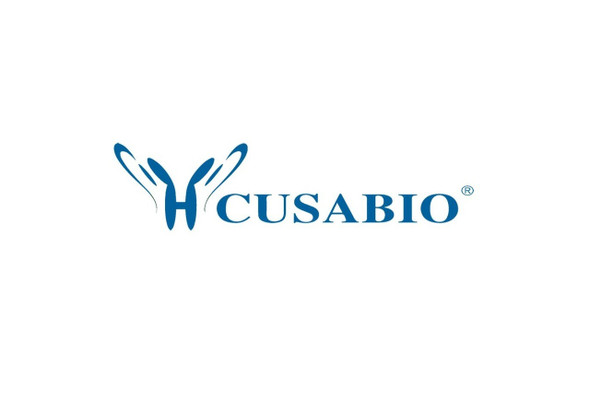Cusabio Polyclonal Antibodies
FPGS Antibody | CSB-PA23719A0Rb
- SKU:
- CSB-PA23719A0Rb
- Availability:
- 3 to 7 Working Days
Description
FPGS Antibody | CSB-PA23719A0Rb | Cusabio
FPGS Antibody is Available at Gentaur Genprice with the fastest delivery.
Online Order Payment is possible or send quotation to info@gentaur.com.
Product Type: Polyclonal Antibody
Target Names: FPGS
Aliases: Folylpolyglutamate synthase, mitochondrial (EC 6.3.2.17) (Folylpoly-gamma-glutamate synthetase) (FPGS) (Tetrahydrofolylpolyglutamate synthase) (Tetrahydrofolate synthase), FPGS
Background: Catalyzes conversion of folates to polyglutamate derivatives allowing concentration of folate compounds in the cell and the intracellular retention of these cofactors, which are important substrates for most of the folate-dependent enzymes that are involved in one-carbon transfer reactions involved in purine, pyrimidine and amino acid synthesis. Unsubstituted reduced folates are the preferred substrates. Metabolizes methotrexate (MTX) to polyglutamates.
Isotype: IgG
Conjugate: Non-conjugated
Clonality: Polyclonal
Uniport ID: Q05932
Host Species: Rabbit
Species Reactivity: Human
Immunogen: Recombinant Human Folylpolyglutamate synthase, mitochondrial protein (443-546AA)
Immunogen Species: Human
Applications: ELISA, WB
Tested Applications: ELISA, WB; Recommended dilution: WB:1:500-1:5000
Purification Method: >95%, Protein G purified
Dilution Ratio1: ELISA:1:2000-1:10000
Dilution Ratio2: WB:1:500-1:5000
Dilution Ratio3:
Dilution Ratio4:
Dilution Ratio5:
Dilution Ratio6:
Buffer: Preservative: 0.03% Proclin 300
Constituents: 50% Glycerol, 0.01M PBS, pH 7.4
Form: Liquid
Storage: Upon receipt, store at -20°C or -80°C. Avoid repeated freeze.
Initial Research Areas: Signal Transduction
Research Areas: Metabolism;Signal transduction









